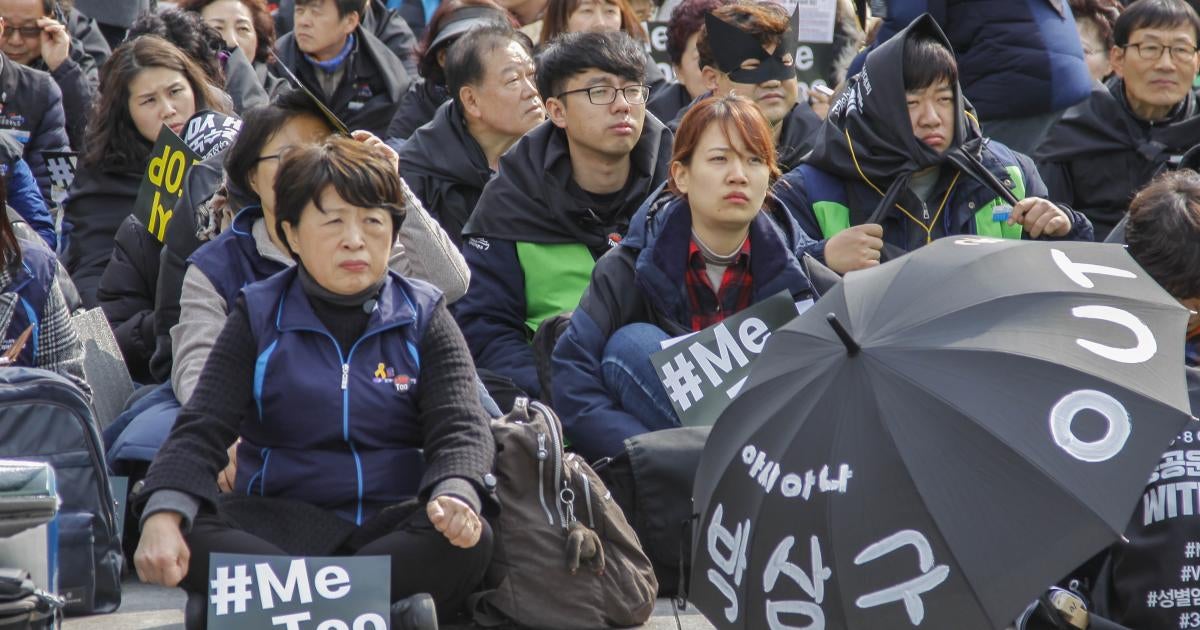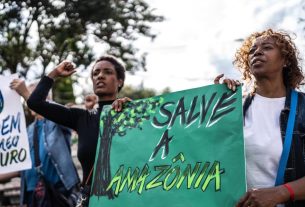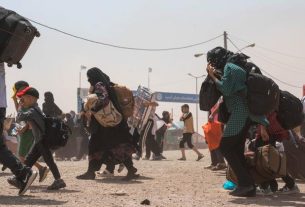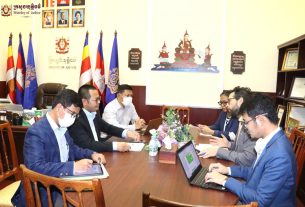Last week South Korea’s Ministry of Gender Equality and Family announced plans to revise its legal definition of rape to include nonconsensual sex. But within hours, South Korea’s Justice Department rejected the plan.
Consent should be at the heart of any legal definition of rape. Article 297 of South Korea’s penal code defines rape as intercourse by means of “violence or intimidation.” Korean legal scholars and lawyers have noted that the country’s courts have interpreted the law extremely narrowly, such that to constitute rape, it is insufficient for “violence or intimidation” to be present, but rather it should render the victim unable to resist. The courts also find mitigating circumstances when imposing punishments, such as the offender having no previous criminal record or being “mentally weak” when committing the crime.
In a 2021 report, the United Nations special rapporteur on violence against women highlighted the need for governments to harmonize their legislation with international standards, and that “[l]ack of consent by the victim should be at the center of all definitions of rape.”
Gender-based violence is widespread in South Korea – digital sex crimes are prevalent, with almost 90 percent of the victims being women. In 2019, the Korea Women’s Hotline estimated that a woman was murdered every 1.8 days. South Korea is rare in having a homicide rate equal for men and women; globally, 81 percent of homicide victims are men.
A 2019 survey by the National Sexual Violence Relief Centre showed that in well over two-thirds of rape cases received by sexual violence counseling centers across South Korea during the first three months of that year, victims did not face direct violence or threats. Shame, stigma, revictimization, and unlikely hope of justice are among the most common reasons victims do not report rapes.
The government’s announcement on October 6, 2022 that it is shutting down the Ministry of Gender Equality and Family will add to the many risks faced by women in South Korea, especially in the light of their failure to address sexual and gender-based violence across the country.
South Korea’s government should urgently revise the penal code’s definition of rape to include nonconsensual sex as part of its efforts to combat sexual and gender-based violence. It should ensure that all victims can access services and seek justice. The Justice Ministry, and all Koreans, need to recognize that even without “violence or intimidation,” nonconsensual sex is rape.



